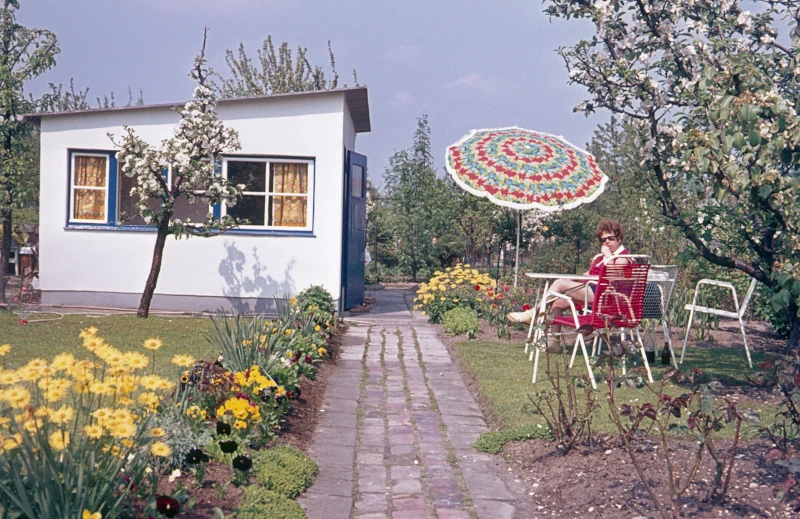New laws impacting the creation of ADUs
A number of new accessory dwelling unit (ADU) and junior accessory dwelling unit (JADU) laws went into effect in January 2025 that are meant to create more affordable housing. There was a time, not that long ago, when permits for the conversion of a garage into a “mother-in-law” or “granny unit” were consistently denied. Well, 2025 is the year that will even allow forgiveness for many of those formally “illegal” units.
Let’s take a closer look …
California passed its first ADU reform Senate Bill (SB) 1160 in 1982. However, local municipalities were allowed great flexibility with the restrictions they could impose. To remedy this, in 2016 the legislature passed SB 1069, a statewide reform. As municipalities continued to thwart infill housing, in 2017 the legislature further fine-tuned adjustments by passing SB 229 and Assembly Bill (AB) 494.
The changes sparked a renewed effort to boost affordable units in Marin by allowing one ADU permit per single-family home. Along with this, they streamlined permitting by using a ministerial rather than a discretionary process for ADUs. Other changes included waiving or modifying some parking and the required 10-foot-wide walkways from sidewalk to an ADU. For existing garages converted ADUs, they allowed a zero setback. The size of a detached ADU can be up to 1,200 square feet.
January 2025 marks the implementation of AB 2533
This one is especially important if you or someone you know built an ADU without a permit before January 1, 2020. Those units, as long as they now meet or can be upgraded to meet today’s health and safety codes, can receive permits. Local municipalities must provide owners seeking permits for those “Illegal” units with a checklist of what are considered substandard conditions. Another important detail is that local agencies are not allowed to charge penalties, connection fees or impact fees for unpermitted ADUs. The only exception is if they require new utility connections, such as water, or sewage, which the utilities would charge.
SB 1211 addresses multi-unit ADUs in 2025
Multi-family zoned properties were only allowed up to two detached ADUs. As of January 1, SB 1211 now allows up to eight detached units on multi-zoned properties, with this caveat – “provided that the number of ADUs does not exceed the number of existing units on the lot, and up to 2 detached ADUs on a lot with a proposed multifamily dwelling.”
This change is significant, as it allows for the creation of up to six more detached units to be built on vacant or underused property, like parking lots. Prior to this, any more than two detached units could only be built within existing buildings like basements or garages.
AB 976 eliminates the owner-occupancy requirement
Before 2020, owner-occupancy requirements for the creation of ADUs slowed the addition of new units. From January 1, 2020, to January 1, 2025, the law restricted municipalities from requiring owner occupancy. With the passage of AB 976 that requirement was prohibited indefinitely for ADUs. In the case of Junior ADUs the owner-occupancy restriction still holds true.
These new laws can only mean good news to affordable housing advocates.
ADUs and JADUs represent an affordable option for individuals who want to stay close to family or live closer to where they work, and for those seniors who want to age in place and afford to live in the community where they raised a family.
According to the Marin County Department of Community Development, Housing Element Programs and Status webpage their goals include:
Accessory Dwelling Units
Program 4a: Permits
- Objective: Permit on average 35 ADUs/JADUs per year (280 over 8 years).
- Due Date: Ongoing
- Status: (Complete; Ongoing) Marin County issued over 50 permits for ADUs/JADUs in the 2023 calendar year.
As of the close of calendar year 2023, Marin County exceeded its goal by 15 units. We’ll be checking in periodically to see how they are doing through their target year of 2031.
If you are thinking about how an ADU could benefit you and your community, contact AplosGroup today. Discover how an ADU might work for you.


